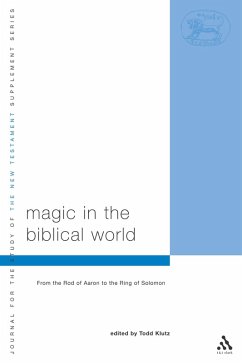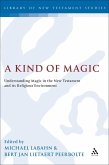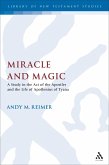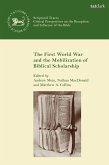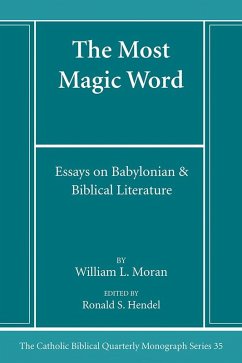The category 'magic' , long used to signify an allegedly substantive type of activity distinguishable from 'religion', has nearly been dismantled by recent historical and social-scientific approaches to religious studies. While recognising and at times reinforcing this stance, the essays in this collection show that there is still much to be learned about the cultural context of early Judaism and Christianity by analysing ancient texts which either use 'magic' as a category for purposes of deviance labelling or promote behaviour of a broadly magico-religious variety.
Through sustained engagement with texts ranging from Exod. 7-9 and Acts 8 to the Testament of Solomon and the Late Antique alchemical treatise known as the Cyranides, this volume focuses chiefly on materials that challenge the familiar boundaries between miracle and magic and medicine; yet it also heightens awareness of the way unsuspecting use of a sick sign (e.g. 'magic') can impede critical understanding of texts and their respective contexts of production and reception.
Journal for the Study of the New Testament Supplement Series, Volume 245.
Through sustained engagement with texts ranging from Exod. 7-9 and Acts 8 to the Testament of Solomon and the Late Antique alchemical treatise known as the Cyranides, this volume focuses chiefly on materials that challenge the familiar boundaries between miracle and magic and medicine; yet it also heightens awareness of the way unsuspecting use of a sick sign (e.g. 'magic') can impede critical understanding of texts and their respective contexts of production and reception.
Journal for the Study of the New Testament Supplement Series, Volume 245.

